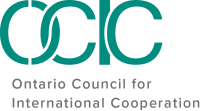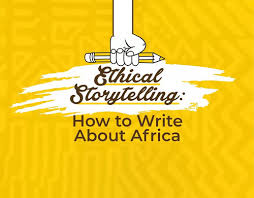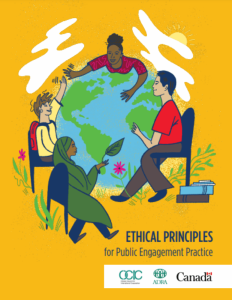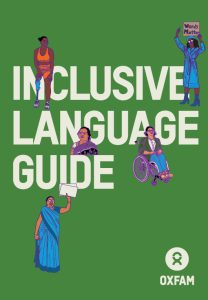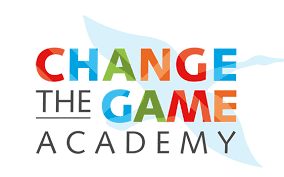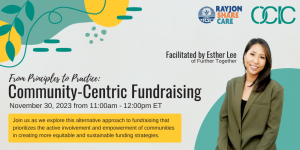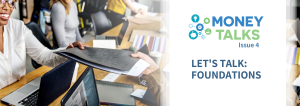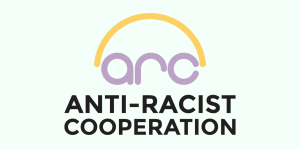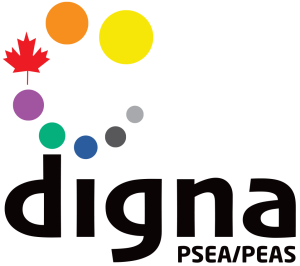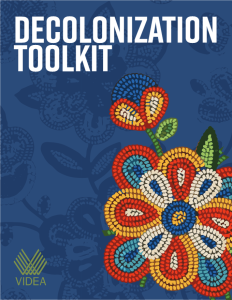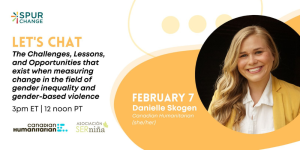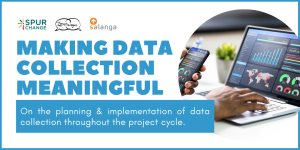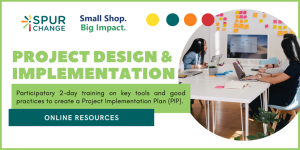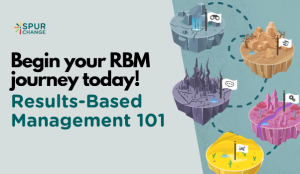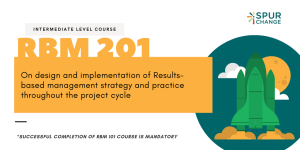Training Resources
Communications & Public Engagement
The Ethical Storytelling: How to write about Africa course provides tips and tools to help communicators undo the stereotypes that persist in many of the storytelling outputs of local and international NGOs, donors and foundations working on the continent. The course addresses privilege and bias, highlights the importance of consent and context, and the need for investing time to build relationships with people and projects.
A collaborative initiative between OCIC and ADRA Canada, these ethical and effectiveness principles and goals are tools designed to guide organizations and practitioners. They require stepping back and reflecting on behaviours and practices, working through challenges and issues, and striving not only to be doing things right, but to be doing the right things.
The Inclusive Language Guide is a resource to support people in our sector who have to communicate in English to think about how the way they write can subvert or inadvertently reinforce intersecting forms of inequality that we work to end. We want to support everyone to feel empowered to be inclusive in their work, because equality isn’t equality if it isn’t for everyone.
Fundraising and Resource Mobilization
For this webinar, OCIC invited Esther Lee of Further Together to share an overview of Community-Centric Fundraising (CCF), including traditional fundraising models and the non-profit industrial complex, as well as an introduction to the context, history and principles of CCF. She was joined by Heather Smith, Executive Director of Rayjon Share Care, who shared how they have implemented CCF principles in their work.
Money Talks presents innovative solutions for common funding challenges and helps spark new creative ventures for organizations seeking to diversify their funding options and deepen the scope of their work. Each issue tackles a different development theme and gathers advice from key philanthropists, social innovators, and fundraising professionals.
- Issue 1: Determining Your Best Fundraising Strategy
- Issue 2: What’s The Money For? Building Your Case for Support
- Issue 3: Don’t Take Grants For Granted
- Issue 4: Let’s Talk Foundations
The goal of the Building Equity training program is to build capacity and confidence to develop a diversified, ethical, and equity-centred fundraising and resource mobilization strategy. The training comprises of three self-paced units:
- Unit 1: Introduction to Fundraising
- Unit 2: Mobilizing Communications
- Unit 3: Explore Innovations
DEI, Anti-Racism and Decolonization
The Anti-Racist Cooperation (ARC) Hub is a dedicated coordination secretariat and a resource center for the sector. Their goal is to help Canadian international development and humanitarian organizations to improve their ability integrate anti-racism and intersectional feminism into their work in the creation of resources, knowledge sharing spaces, networks of support and trainings.
Digna aims to contribute to organizational culture change within the Canadian international cooperation community by providing training, online resources and consultation services for the adoption of gender-responsive best practices with the ultimate goal of preventing sexual exploitation and abuse in operations and partnerships, particularly of women and girls.
AQOCI, the ICN, and Spur Change organized a webinar on Preventing Sexual Exploitation and Abuse / Preventing and Responding to Sexual Violence focused on the following objectives:
- Present the requirements of Global Affairs Canada
- Create a space for dialogue between the GAC and the small and medium sized organizations
- Present a code of conduct outline
- Support small and medium organizations in their institutional efforts to prevent and respond to sexual violence.
In the last couple of years, “decolonising aid” has become a buzz term in the sector, and much has been written and said about the topic. Here is a list of articles, podcasts, videos, and other resources that can help you make sense of the term and how it is being applied, with some thought-provoking perspectives that may challenge some assumptions.
The Decolonization Toolkit was designed to spark conversation and growth personally, professionally, organizationally, or community wide. The toolkit can be used fully or in pieces, in order to best suites the space. In partnership with the toolkit activities there is a facilitator guide in order to make the material as accessible as possible. There is a suggested reading list to deepen Indigenous content and awareness.
Project Management
The Spur Change team invited SMOs, and other interested sector participants across Canada and abroad, to take part in a conversation series with SMO speakers in their first Let’s Chat series. This informal conversation series was centered on peer-to-peer learning, providing plenty of opportunities for folks to get engaged through exploring processes, tools, and best practices for incorporating gender and intersectionality into a project’s RBM framework. You can watch the recordings below, on the following sessions:
- Session 1: Measuring Change in the Field of Gender Inequality and Gender-Based Violence
- Session 2: Identifying Actions for Gender Equality through RBM
- Session 3: Addressing Gender Inequality through Post-Secondary Education
Making Data Collection Meaningful is an intensive workshop organized as a practical hands-on experience for participants to dive into planning for data collection, gender-sensitive, feminist and community-led approaches to data collection, and technology for data collection with a combination of synchronous and asynchronous learning modules.
- Module 1: Planning for Data Collection
- Module 2: Community-Led Data Collection
- Module 3: Gender-Sensitive and Feminist Data Collection
- Module 4: Technology for Data Collection
A baseline survey is a study that is done at the beginning of a project to collect information on the status of a subject before any type of intervention can affect it. These micro-learning sessions have been designed to provide small, self-paced learning with tip sheets, videos or tools.
- Data Collection Methods, Gender Sensitive Data Collection and Ethics
- Qualitative Data Collection
- Quantitative Data Collection
This two-day intensive workshop organized by Spur change in collaboration with Small Shop Big Impact was a practical hands-on experience for participants to dive deeper into the process of developing a Project Implementation Plan (PIP). Review presentation slides from the PIP Training—highlighting some key questions to ask yourself as you are developing your organization’s own PIP for a GAC-funded project or other.
This self-paced eLearning course covers basic Results-Based Management (RBM) concepts, how it can be applied, and provides participants with hands-on practice using some key RBM tools. This course is out-of-this world as it uses gamification, storytelling and a science-fiction theme to spark your interest and to facilitate learning. Learn all about:
- Why RBM matters
- The key aspects of results chains
- The logic model and theory of change
- How to build an effective results framework and M&E framework
- How to take a Participatory Approach to RBM
- How to integrate gender equality at each phase
This course builds off RBM 101 and encourages learning through application. Work through exercises with a sample case study or your own project to develop a theory of change, logic model, PMF and more, with the following objectives:
- To equip Canadian SMOs with the knowledge and skills to apply Results-based management (RBM) principles, standards, tools, processes and best practices in the context of Canadian SMOs
- To allow participants to apply their learning, and deepen their skills and understanding of RBM
- To reinforce participants capacities to integrate gender sensitive, responsive, and transformative approaches
